STATE OF AI ETHICS REPORT
VOLUME 7
Editors



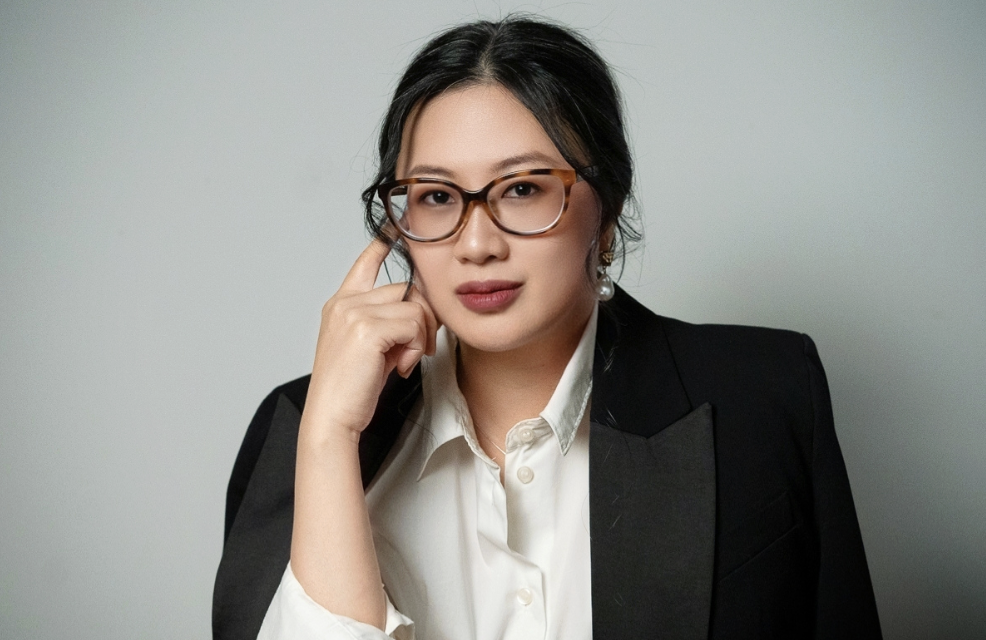

Contributors
Contributors

Anna Sikorski is the Associate Director of ACTRA Montreal, the Quebec Branch of ACTRA which represents 4,000 of the 35,000 members across the country. With over 15 years experience in the audio-visual industry, Anna works closely with the Montreal Branch elected leaders and ACTRA National to help secure strong collective agreements and protect the interests and work opportunities for ACTRA members.

Kent Sikstrom is the Director of Public Affairs and Policy at ACTRA National, where he leads advocacy and government relations on issues shaping the future of Canada's creative industries - including artificial intelligence, performers' rights, and cultural policy.
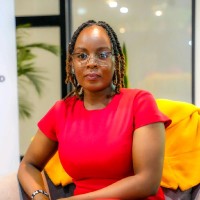
Shi Kang’ethe is the Head of AI at AIVERSE, a pioneering platform by Esoteric Strats advancing AI adoption and training across Africa. In this role, Shi leads strategy and innovation, helping institutions, businesses, and NGOs integrate artificial intelligence across their systems, from research and strategic planning to real-world implementation. With a focus on Africa’s unique challenges and opportunities, Shi drives efforts that empower organizations not just to use AI, but to innovate with it and shape the continent’s digital future
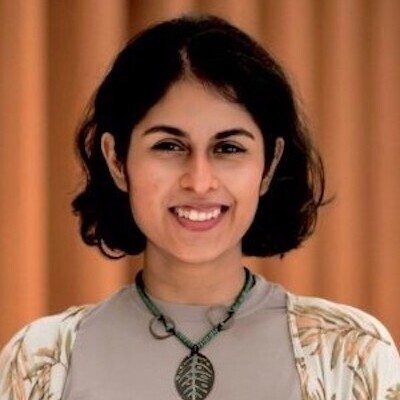
Trisha Ray is an associate director and resident fellow at the Atlantic Council’s GeoTech Center, where she leads the AI portfolio. Her research lies at the intersection of geopolitical and security trends in relation to emerging technologies. Prior to this, Ray was a fellow and deputy director at the Center for Security, Strategy and Technology at the Observer Research Foundation in India.

Linda Solomon Wood is the founder and publisher of Canada's National Observer and oversaw the launch of Civic Searchlight in 2025 and the Democracy & Integrity Project in 2018, CNO initiatives to investigate and reveal disinformation. She is a frequent speaker and has led award-winning reporting on democracy and climate change for over two decades.
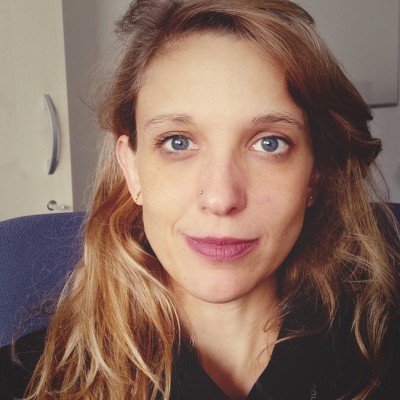
Rosa E. Martín-Peña is a postdoctoral researcher at the Centre for Ethics and Law in the Life Sciences (CELLS) at Leibniz University Hannover, where she leads the ethics of AI-based decision systems within CAIMed, the Lower Saxony Center for AI and Causal Methods in Medicine. Her work explores the epistemic and ethical dimensions of artificial intelligence and medical data, with a particular focus on uncertainty, responsibility, and co-adaptive design in clinical AI systems.
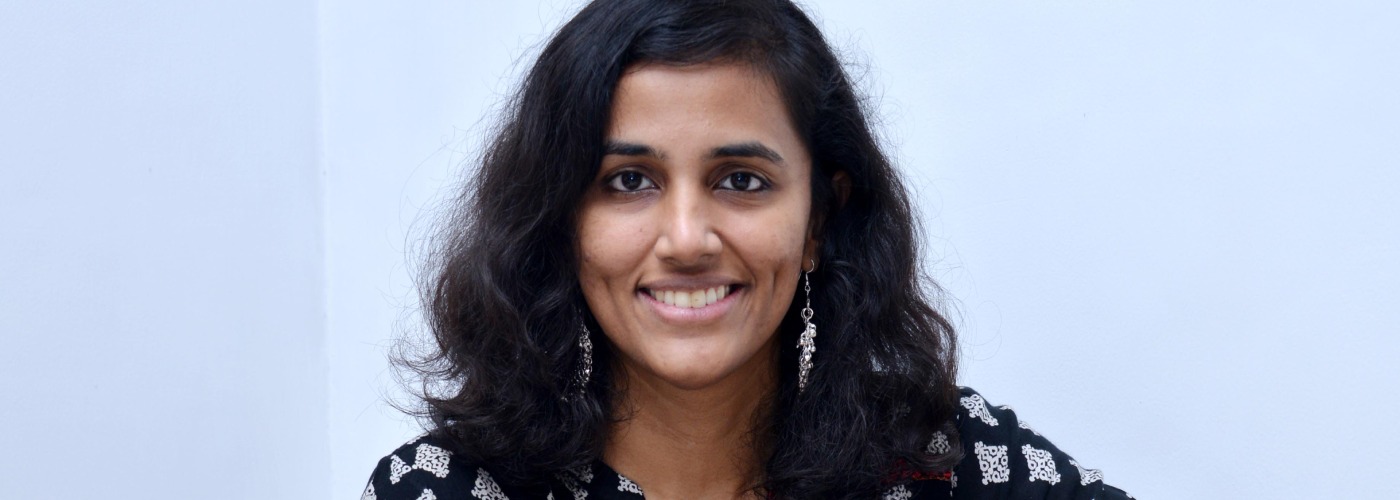
Kirthi Jayakumar is a researcher and facilitator working on networked feminisms, feminist foreign policy, and women peace and security. she founded and runs civitatem resolutions.

Encode is a global, youth-led, non-profit organization that fights for human rights accountability and justice under AI. With 650+ members in 30+ countries, we champion informed AI policy and encourage youth to confront the challenges of the age of automation through political advocacy, community organizing, educational programming, and content creation. Our mission is to encourage students and professionals to collaborate, challenge, and inspire each other through a lens of ethical AI development. The Canadian chapter was founded in 2021.
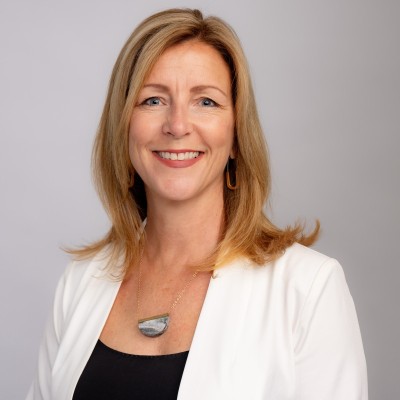
Michelle is reimagining how capital, governance and tech can advance community-led futures. As Co-Executive Director of Impact United Academy and Senior Associate at Equity Cubed, she supports impact investors exploring equitable finance and tech. Formerly Senior Advisor at Community Foundations of Canada, she now collaborates with SuperBenefit DAO, All In for Sport DAO, Women in AI, Tech Stewardship and MAIEI, exploring how AI, Web3, and blockchain can redistribute power and reimagine philanthropy. She also teaches at Huron University College.
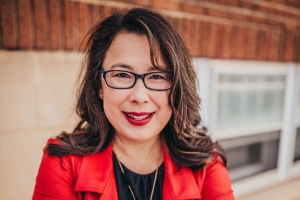
Katrina Ingram is the Founder and CEO of Ethically Aligned AI, a company focused on advancing Responsible AI literacy. A seasoned executive, Katrina has over two decades of experience running both not for profit and corporate organizations in the technology and media sectors. She was named to the 100 Brilliant Women in AI Ethics. Katrina developed Canada’s first micro-credential in AI Ethics in partnership with Athabasca University and has served as the City of Edmonton’s Data Ethics Advisor.

ICT policy expert with a PhD in Science and Technology Policy based in South Korea. Currently a Senior Researcher at ETRI’s ICT Strategy Research Laboratory. Former Postdoctoral Researcher at KISTI, focused on data-driven policy. Actively engaged in global AI governance initiatives — panelist for Leiden University’s Digital Roundtable on AI Governance, policy researcher with GoodBot, and committee to AI ethics framework research at AIEI. Served on the Program Committee for the 2025 AAAI/ACM Conference on AI, Ethics, and Society.
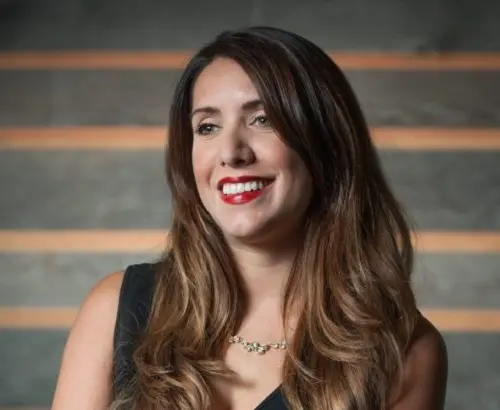
Denise Williams is a proud member of the Cowichan Tribes and former CEO of the First Nations Technology Council. A Dialogue Fellow at SFU’s Morris J. Wosk Centre for Dialogue, she leads national conversations on Indigenous digital sovereignty, AI governance, and economic well-being. Denise holds an MBA from SFU’s Beedie School of Business and works across universities, philanthropy, and government to build systems grounded in reciprocity, innovation, and Indigenous leadership that shape a more equitable future.

David is a postdoctoral fellow at Georgetown University researching how the law can be used to compel AI companies to act prosocially.

Rachel Adams, PhD, is the Founding CEO of the Global Centre on AI Governance. She is the author of The New Empire of AI: The Future of Global Inequality (Polity Press, 2024). She is an Assistant Research Professor of the Leverhulme Center for the Future of Intelligence, University of Cambridge, and an Honorary Research Fellow of The Ethics Lab at the University of Cape Town. She holds degrees in English Literature, International Human Rights Law and Philosophy.

Dr. Daniel Schiff is an Assistant Professor of Technology Policy at Purdue University and the Co-Director of GRAIL, the Governance and Responsible AI Lab. As a policy scientist, he studies the formal and informal governance of AI through policy and industry, as well as AI's social and ethical implications in domains like education, labor, misinformation, and criminal justice. Daniel was the founding Responsible AI Lead at JP Morgan Chase and Secretary of IEEE 7010-2020, the first AI ethics standard.
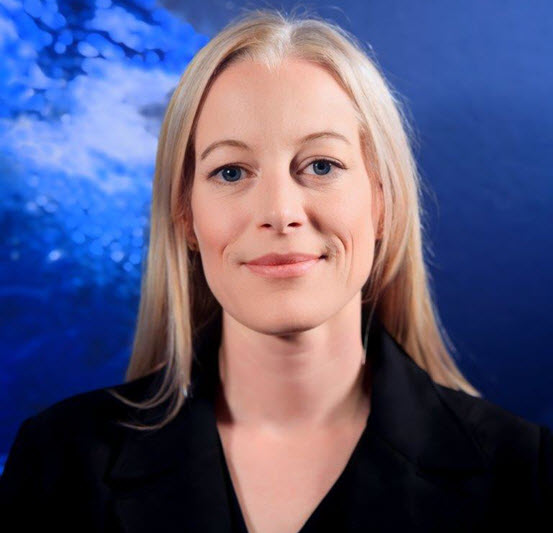
Jennifer Laplante joined the Government of Nova Scotia after working more than two decades in digital transformation, data governance and artificial intelligence. She holds an MBA and an MSc in Computing and Data Analytics. Prior to joining government, she served as the Chief Growth and Investment Officer for Canada’s Ocean Supercluster, where she helped companies innovate and make forward-thinking investments in their technology strategies. She also served as Executive Director of DeepSense, where she worked with hundreds of companies to increase their understanding of AI. Jennifer’s contributions to AI and innovation earned her recognition as one of DataIQ’s Top 100 Influential People in AI for 2021.

Joahna Kuiper is an AI ethics researcher, Responsible AI consultant, and Oxford lecturer, focusing primarily on examining AI deployments as tools in business. Drawing on decades of implementing emerging technologies in industry and applying academic work in AI ethics and futurism, Joahna’s work emphasizes transforming existing practices rather than imposing external frameworks — allowing ethical principles to emerge more organically within organizations. Additionally, my research into the psychosocial implications of human-machine relationships informs my work.
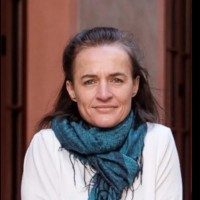
Kate Arthur is a writer and lecturer specializing in AI literacy. Her work has reached over one million young people and thousands of leaders worldwide. She advises governments and NGOs, including UNESCO and UNICEF, on AI literacy and youth digital education policies. Kate is the author of Am I Literate? Redefining Literacy in the Age of AI, and is working on Algorithm to Adulthood, a new book helping young people build the skills to navigate life in a digital world.

Jake practices corporate commercial law with a focus on technology, privacy, and cybersecurity. He is an Artificial Intelligence Governance Professional (AIGP) and Certified Information Privacy Professional (CIPP/C). He holds a BBA and BPhil from the University of New Brunswick and a JD from Queen’s University.

Jonathan van Geuns is a practitioner, lawyer, researcher and writer working at the intersection of technology, governance, data and justice. His work examines how AI systems reconfigure power and participation, with a focus on community-led alternatives. He has worked with large international organizations and national governments, as well as super local initiatives. Jonathan’s essays and projects explore democratic infrastructure, algorithmic governance, and the civic imagination needed for rights-based approaches to technology.

Priscila Chaves is a practitioner–researcher in AI transformation and responsible innovation with 18+ years’ experience across seven continents. She has held senior roles at IBM and Cargill, advised governments in Eastern Africa and Latin America on AI governance, and conducted Antarctic research on climate impacts. Her work examines how technology reshapes trust, communities and governance. Her degrees are in business, technology, and AI ethics from the Universidad de Costa Rica, NYU Stern, Cambridge, and Oxford Saïd (in progress).

Amanda Silvera is a Canadian voice actor and entrepreneur committed to fighting for AI ethics, creative rights, and biometric identity protection through her organizations SOBIR (Society for Original Biometric Identity Rights)& SOBIRTECH (Society for Original Biometric Identity Rights Technologies). She advocates for responsible AI governance and human authenticity.
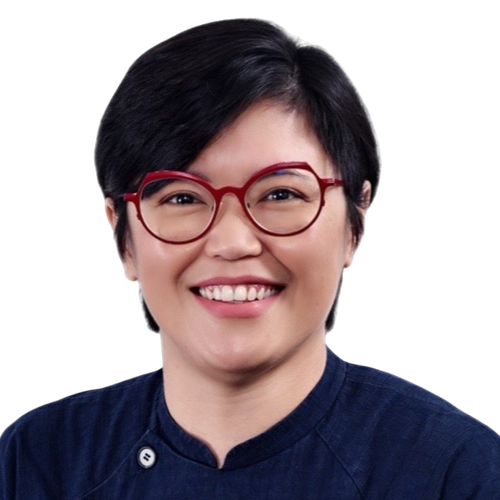
Lee Wan Sie is Cluster Director for AI Governance and Safety at Singapore’s Infocomm Media Development Authority, and Executive Director of the AI Verify Foundation. She drives Singapore’s approach to AI governance, helping to grow a reliable AI ecosystem and collaborating with governments around the world to further trustworthy AI development and adoption. She also leads policy in Singapore’s AI Safety Institute, where she defines Singapore’s AI safety policies, sets AI safety R&D priorities, and establishes global partnerships.

Ismael is the Founder and CEO of Kairoi, the AI governance consultancy. He is also the Founder of the Responsible Artificial Intelligence Network (RAIN), and Participant Panel and Ethics Advisory Committee member at Genomics England. Ismael holds a master’s in Philosophy of the Social Sciences, where he sought to uncover enabling conditions for multidisciplinary collaboration in scientific projects. As a result, a key tenet of his work is to advocate for an epistemic humility.
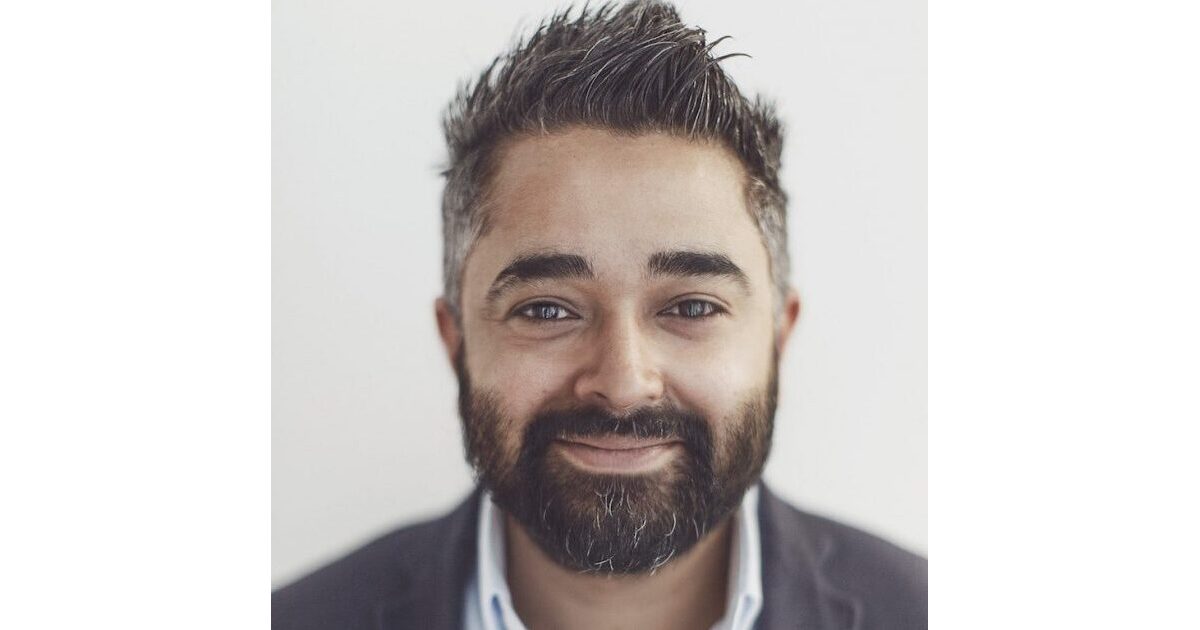
Tariq is an award-winning technology leader and CIO with a career spanning both private and public sectors. Having spent most of his career in the private sector, he now leads large-scale digital and AI transformation in local government. A Cambridge AI and Ethics graduate, he is passionate about using technology to drive social impact and innovation.

Renjie Butalid is a technology and policy executive at the intersection of AI ethics, financial innovation, and public interest. A frequent speaker on responsible AI and governance, he is Co-Founder and Director of the Montreal AI Ethics Institute (MAIEI) and VP Business Development at Metrika. Previously, he led McGill University's Dobson Centre for Entrepreneurship, securing $8 million in funding for startup programs, and teaching innovation and entrepreneurship fundamentals in BCom and MBA classes.
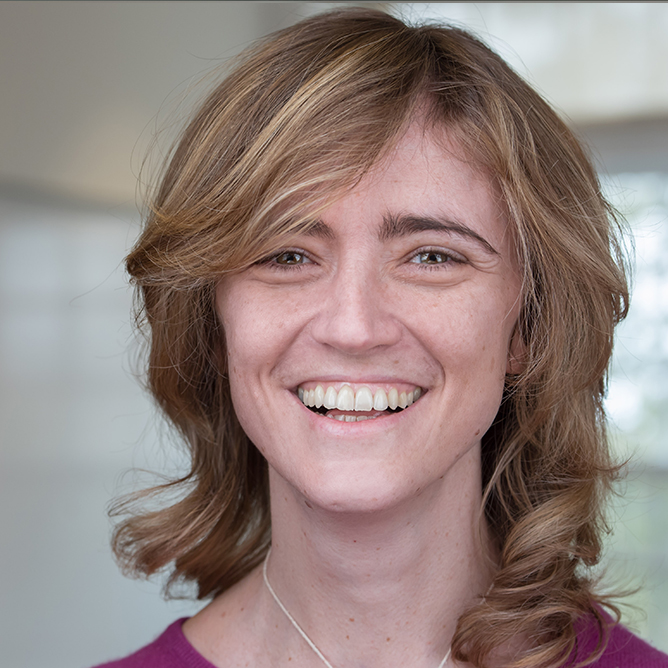
Marianna B. Ganapini, PhD is an Associate Professor at UNC Charlotte. She has collaborated with leading universities and companies, and is widely published in AI ethics and philosophy of AI. She is also Co-Founder of LogicaNow, a consultancy specializing in Responsible AI and AI governance. Marianna is the Faculty Director at the Montreal AI Ethics Institute, and a member of ISO and CEN-CENELEC JTC 21 working on AI standards.
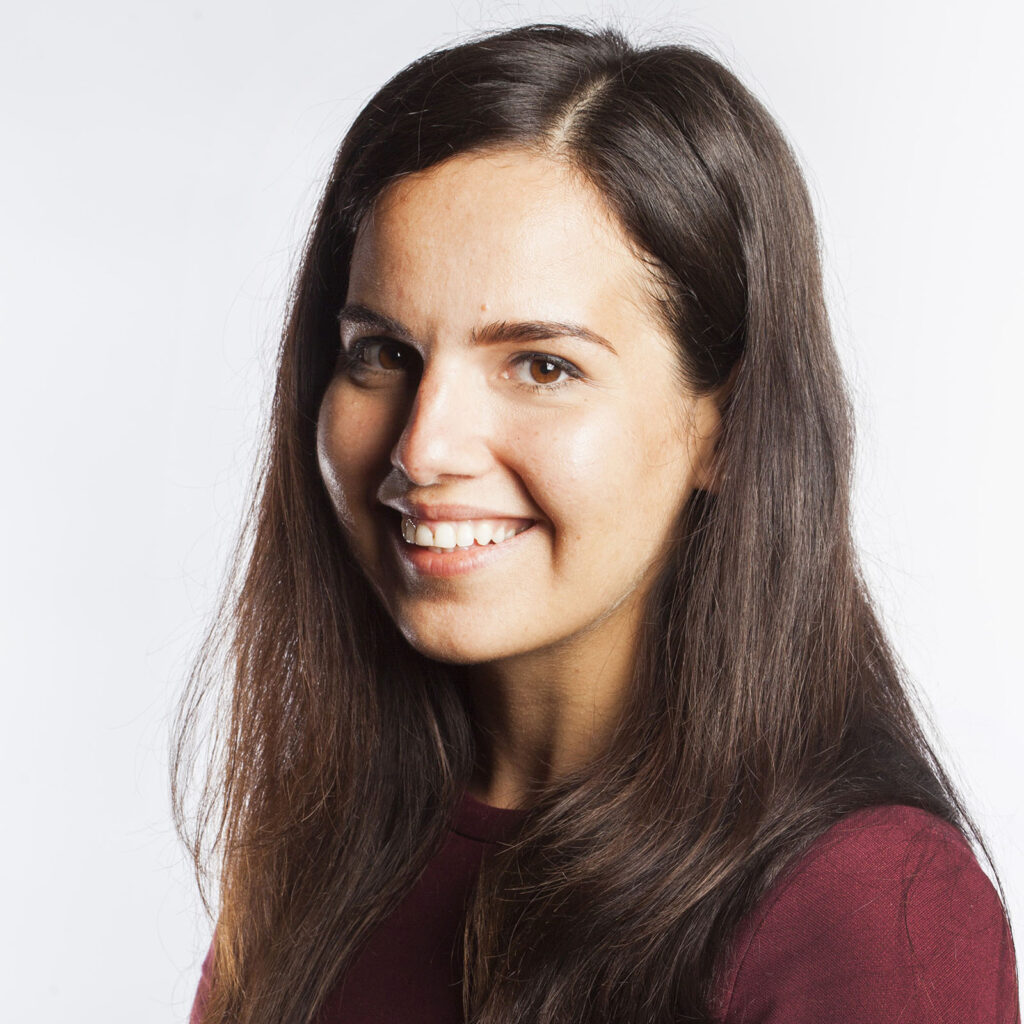
Ana Brandusescu is a researcher, policy analyst and social scientist who works on a more accountable use of AI. Under her PhD capacity, she researches privatization and political power in the scale of AI governance. As a Balsillie Scholar, she examined privatization in governance by AI. As the 2019-2021 McConnell Professor of Practice at the Centre for Interdisciplinary Research in Montreal, she researched AI policy and public investments and served on Canada's Multi-Stakeholder Forum on Open Government.
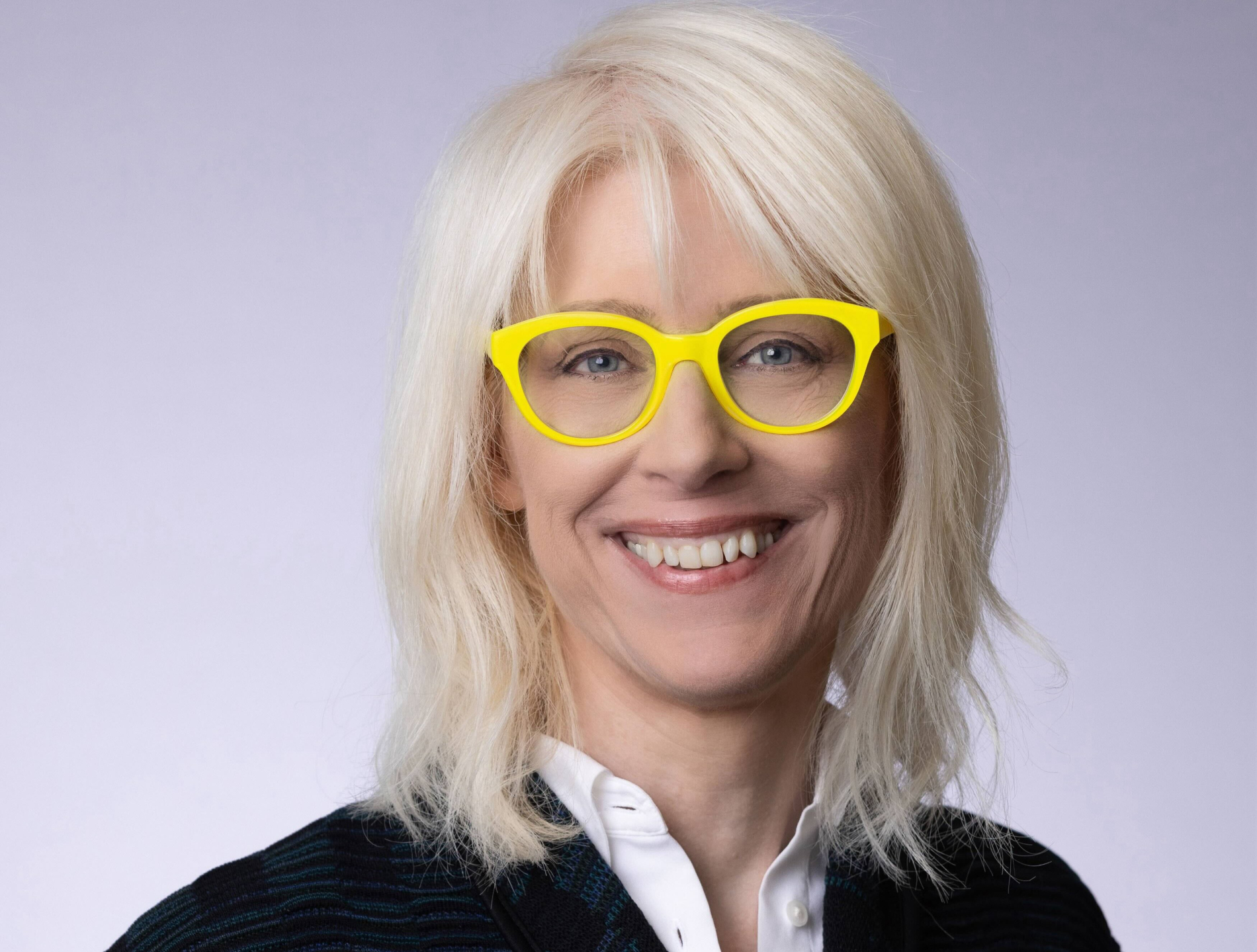
Sieber is an associate professor, jointly appointed in Geography and the Bieler School of Environment. She studies the intersection of participatory theory and computational technologies. She is best known for her work on public participation in Geographic Information Systems and increasingly civic participation in AI. She was named 2025’s 100 brilliant women in AI Ethics.
Jimmy Y. Huang is an AI Ethics researcher and a recognized leader in the financial technology sector. An advisor to the Montreal AI Ethics Institute (MAIEI) and a previous B20 delegate within the G20 ecosystem, Jimmy’s contributions to global policy discussion focuses mainly on responsible innovation and digital transformation. Jimmy bridges the gap between academia and international policy with practical implementation, advocating for transparency and accountability in an AI-driven landscape.

Dr. Elizabeth M. Adams, founder of the Minnesota Responsible AI Institute, is a strategist helping organizations align culture, leadership, workforce development, and employee engagement in AI integration and organizational readiness. She transforms complex ethical frameworks into actionable strategies that empower leaders to steward AI responsibly across industries. A sought-after global speaker, Dr. Adams champions ethical, human-centered AI from national platforms to international policy forums, advancing Responsible AI through scalable, values-driven leadership.

Seher leads global community engagement for Mozilla Foundation (the non-profit behind Firefox), where she focuses on building a better tech future that puts people first.

Kathy is a Principal Architect / VP of Responsible AI and Tech at Salesforce. She is a member of Singapore’s AI Verify Foundation and a Council Member on the WEF Global Futures Council on Data Frontiers. Previously, she served as a Visiting AI Fellow at NIST. She co-authored two editions of "Understanding Your Users: A Practical Guide to User Research Methodologies." She received her MS in Human Factors Engineering and BS in Applied Psychology from the Georgia Institute of Technology.

Ivy Seow is Senior Manager of Learning Design and Communications at SMU’s Centre for Teaching Excellence, which supports faculty development, drives pedagogical innovation, and advances educational research to strengthen teaching and lifelong learning across Southeast Asia.

Tamas Makany is Associate Professor of Communication Management at SMU teaching UX and design communication. He holds a Ph.D. in cognitive psychology and worked as a design researcher in Silicon Valley. His research focuses on human-AI communication and critical thinking in education.

Burkhard Mausberg is the President of Small Change Fund, an award-winning crowdfunding platform for grassroots organizations in Canada. He is a veteran leader in Canada’s environmental sector, steering charities for 37 years. He has founded major organizations, writes and speaks on vital issues, volunteers on the boards of NGOs, government agencies and commissions, and takes special interest in mentoring young talent to become the next generation of skillful advocates and changemakers.

Shay Kennedy is Director of Digital Strategy at Small Change Fund, where she leads initiatives to strengthen digital infrastructure, improve user experience, and drive engagement. She combines technical expertise with experience in project management and community building. Her work helps nonprofits translate complex challenges into practical, impactful solutions.
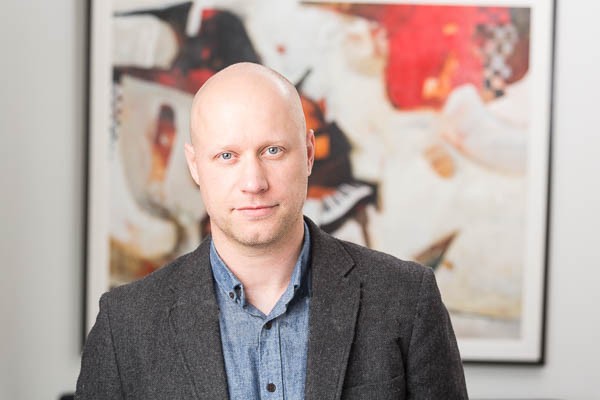
Alex Tveit is a systems-focused leader advancing community empowerment and inclusive innovation. He is Co-Founder of Sustainable Impact Foundation, Emerging Technology Fellow at Community Foundations of Canada, and serves on boards spanning climate, democratic deliberation, healthcare, and other impact areas. His work integrates systems thinking with community-centred approaches, addressing complex challenges through collaboration and knowledge mobilization. With a focus on ensuring technology contributes positively to society, Alex champions equity-driven innovation and partnerships that foster resilience and systemic change.

Bryan is the Director of the Tech:NYC Foundation. Bryan is leading the foundation to scale the organization’s K-12 CS education and workforce development initiatives and deepen the tech sector’s support of other economic development and social impact issues. Under Bryan's leadership, the Foundation has launched Decoded Futures, an initiative empowering NYC nonprofits with AI tools and expertise to enhance their social impact. A graduate of Stony Brook University and the NY Coro Fellows Program.

Jenni Warren is the Program Director of Decoded Futures at Tech:NYC, leading efforts to equip nonprofits with the transformative power of AI. With over 15 years of experience in learning and development both internationally and domestically, she has built innovative programs at the intersection of education, technology, and equity. Jenni holds a masters degree in Early Childhood Education from The Ohio State University and is passionate about using tech for social impact.

Dr. Adnan Akbar is an AI leader with over a decade of experience, providing consultancy to enterprise and public sector clients on designing and implementing scalable AI/ML solutions. A specialist in responsible AI, he holds an MPhil in AI Ethics from the University of Cambridge and helps organizations scale AI responsibly by establishing strong governance frameworks and mitigating algorithmic bias. Recognized as a DataIQ Future Leader 2025 and endorsed as Future Leader in Data Science by the Royal Academy of Engineering, he currently serves as a Principal Consultant (AI/ML).

Ayaz Ul-Huq Syed is a policy analyst and researcher focusing on intersections of justice, defense, international law and emerging technologies. Backed by an MSc in International Development & Humanitarian Emergencies from the London School of Economics, his research interests focus on identifying rate-limiting steps preventing regulatory consensus on the development and deployment of AI-targeting modalities for lethal autonomous weapons systems. The authors’ views are his own and do not represent the official position of the Dais.
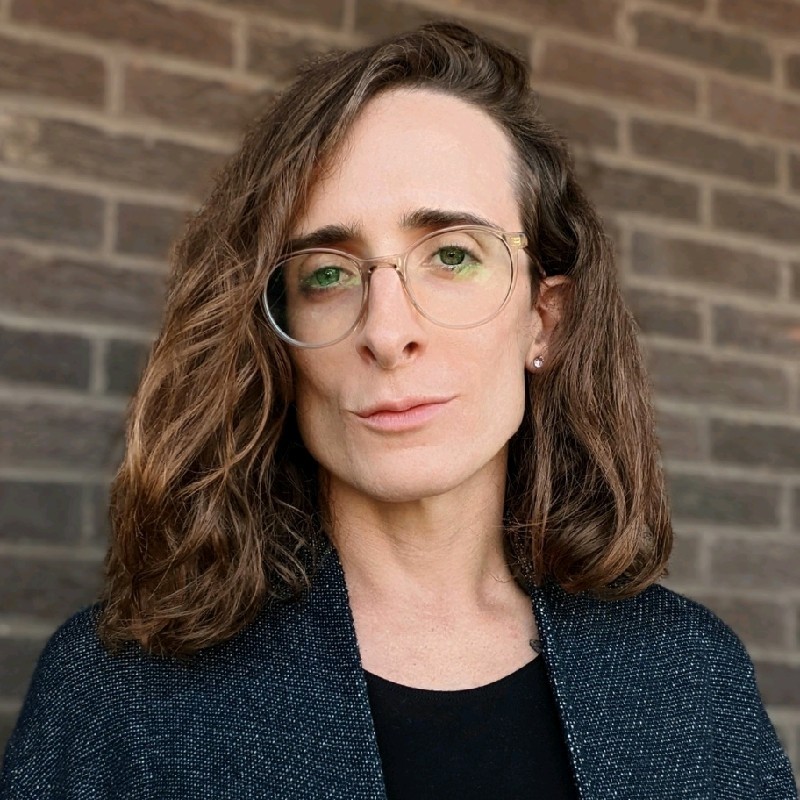
Blair is an Assistant Professor of Political Science at University of Alberta and a Research Fellow at the Alberta Machine Intelligence Institute (Amii). Her research applies a trans feminist lens to address challenges of power, participation, and justice in AI governance systems.

Dr. Tretter is Associate Professor at the University of Calgary. He is author of Shadows of a Sunbelt City (2016), and his latest book project, tentatively titled Petrocity, explores the complex effects of hydrocarbon extraction on Calgary's urbanization. He and Dr. Burns lead the “Digitizing Carbon Capitalism” project, which examines how the digital economy transforms labour in the extractive industries.

Fabio is a philosopher of technology with interests in the ethics of AI, moral responsibility, and free will. He is a postdoctoral researcher part of the BRAID (Bridging Responsible AI Divides) program at the University of Edinburgh. He is a research fellow at the unit for the ethics of technology at Stellenbosch university and a research associate at the Centre for Artificial Intelligence Research (CAIR) at the university of Pretoria.

Roxana is a doctoral researcher at the University of Oxford. Roxana studies how public institutions adopt and operationalise AI systems, particularly under conditions of regulatory uncertainty, private-sector dependence, and rapid model integration. Her work is also focused on the real-world bottlenecks in deployment, oversight, and institutional accountability, and how they might intensify as frontier AI systems become more capable and widely deployed across critical public services.
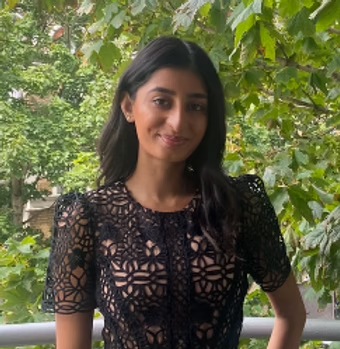
Zoya Yasmine is a DPhil student at the University of Oxford. Her research explores the intersection between medical AI, ethics, and law with a specific focus on intellectual property and data protection.
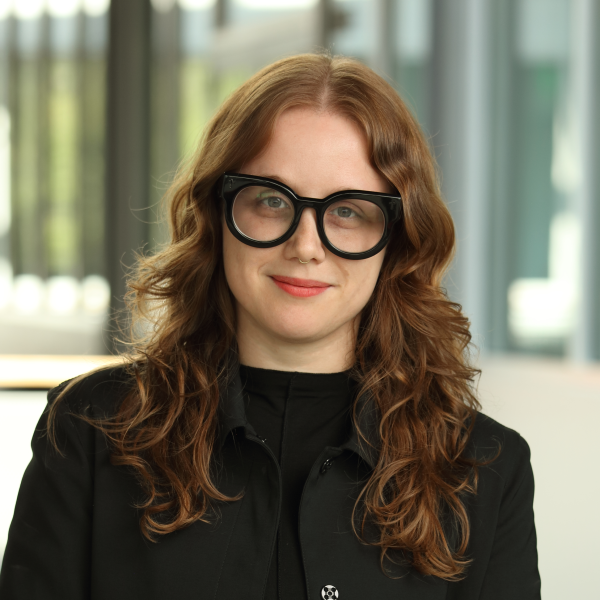
Jess Reia is an Assistant Professor of Data Science and Public Policy and faculty co-lead at the Digital Technology for Democracy Lab, University of Virginia. In 2025, they were selected as an Andrew Carnegie Fellow to study the impact of AI on evidence-based policymaking and memory keeping for gender-diverse communities. Reia works primarily on technology policy, data justice, cities and human rights.

Dr. Maria Lungu is a Postdoctoral Research Associate in the Digital Technology for Democracy Lab at the University of Virginia. She earned a Juris Doctor from the University of Tennessee College of Law and a PhD from Florida Atlantic University. A policy group member at the Center for AI and Digital Policy (CAIDP), she has also been recognized as an AI Ethics and Society (AIES) research fellow, and is a member of the World Economic Forum’s AI Governance Alliance.
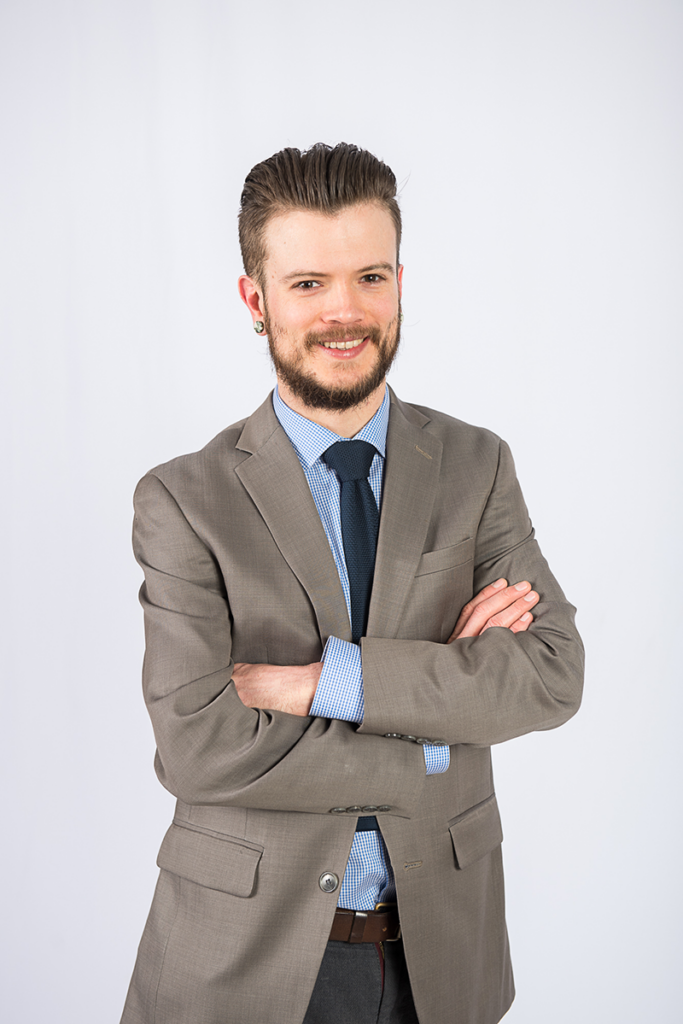
Dr. Burns is Affiliate Professor at University of Washington Bothell whose work explores the social and political implications of emerging technologies. He is a Global Ambassador for the Global Council on Responsible AI, and a Member of the United Nations University Global AI Network.
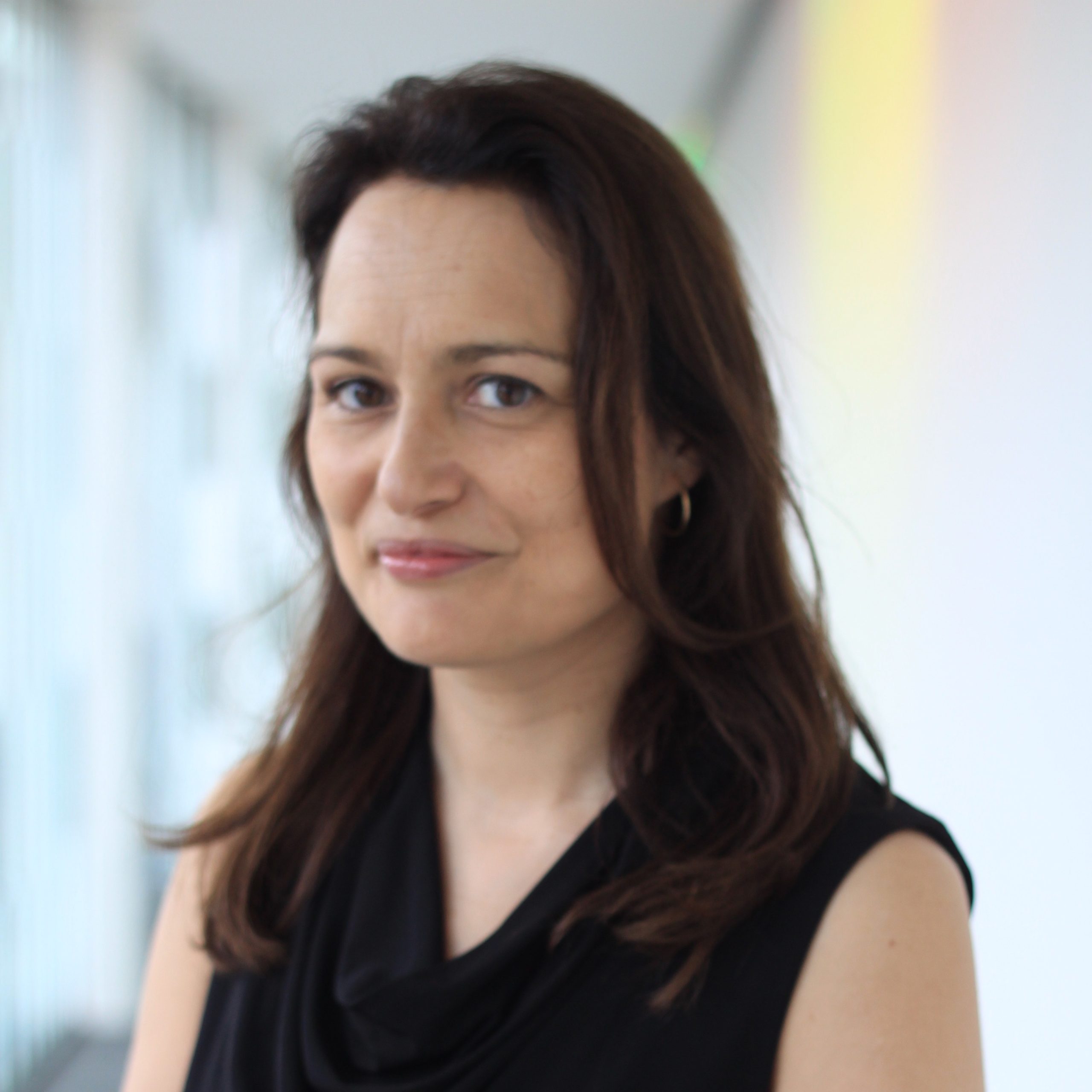
Tania is the Founder of We and AI, a UK volunteer non-profit focusing on critical AI literacy advocacy and advisory, and related research, workshops and resources. With the We and AI community, she runs the global Better Images of AI library which provides images and inspiration for more transparent and inclusive communication about AI. Tania is currently working on enabling the decoding of narratives related to AI hype, AI inevitability, and through the use of AI metaphors.
